Tomorrow, June 4, India will release the official results of its 2024 parliamentary elections. Exit polls already appear to confirm the result most observers expected — a third victory for Prime Minister Narendra Modi’s dominant Bharatiya Janata Party (BJP). Yet it is a different story in the Muslim-majority union territory of Jammu and Kashmir (J&K). In three of J&K’s five electoral districts, the BJP did not even run candidates.
This year’s election is historic for J&K, as it is the first national election since the revocation of Article 370, a constitutional provision that granted the territory significant autonomy from Delhi.
What is Article 370?
When India attained its independence on August 15, 1947, the area today comprising Jammu and Kashmir, along with Ladakh and other areas administered by China and Pakistan, was a separate kingdom. Kashmir’s king, Hari Singh, intended to rule independently. However, Pakistan saw the Muslim-majority kingdom as its natural territory and attempted to incorporate it by force. In response, Singh opted to sign an instrument of accession with the Dominion of India, allowing Indian troops to enter Kashmir’s capital, Srinagar.
Under the terms of the instrument of accession, the government of India controlled defense, external affairs and communications, while Jammu & Kashmir would control all other sectors. The newly independent India codified this arrangement by adopting Article 370 to its constitution. The measure also granted temporary special status to the territory and allowed it to have its own flag and constitution.
As an Indian state under Article 370, J&K suffered from a violent insurgency for almost 30 years. Islamist militias resented Indian rule and sought secession. The violence deterred economic activity, especially tourism, which this picturesque mountainous region relies on heavily. A powerful local elite monopolised what resources there were and left most of the population.
What has changed since the termination of Article 370?
In 2019, the Modi government terminated Article 370. The state was split into two union territories, Jammu and Kashmir and Ladakh. The change was a breath of fresh air for Kashmir. It broke the stranglehold of the local elite and allowed law enforcement to crack down on Islamist militias. Since then, the lives of ordinary Kashmiris have changed dramatically. The union territory has seen almost no large-scale incident of lawlessness since 2019. Tourists are returning, and the biggest problem for many resorts is not having enough space for all of the visitors. Development projects are now moving at a fast pace. For example, in 2022, J&K inaugurated the Chenab Bridge, the world’s highest rail bridge.
Now that they are richer, people are also happier. The ongoing Israel–Hamas war, which has seen so much destruction in Gaza, has enflamed anger among Muslims worldwide. Kashmiri Muslims are no exception. Yet, this anger has not translated into action against the Indian state. People seem to be content with the current arrangement.
How will the 2024 elections go in Kashmir?
One might have expected the BJP to capitalise politically on all this success in the union territory. Yet, although the administration has made great progress over the last five years, the BJP party apparatus has not kept pace. The nationally dominant party did not set up adequate machinery to push its messages and whip up votes. It seems to have entered the 2024 election in J&K largely unprepared. In three constituencies — Anantnag-Rajouri, Srinagar and Baramulla — the BJP did not even bother to field candidates.
The three parliamentary constituencies belong to areas that have traditionally opposed the Indian state. The BJP may have concluded that while anti-Delhi sentiment has gone latent, it may not have entirely disappeared. So, instead of fielding candidates, it tried to put its support behind local parties it deemed acceptable. Yet the move seems more like an afterthought than a bona fide strategy.
Still, J&K is now at a potential inflection point. Kashmiris, Muslims, Hindus and others alike, have the ability to put the past behind them and change their voting patterns by moving away from old sectarian lines to focus on issues that matter for the union territory as a whole. Tomorrow, we will see if this process has begun.
[Aniruddh Rajendran wrote the first draft of this piece.]
The views expressed in this article/video are the author’s own and do not necessarily reflect Fair Observer’s editorial policy.



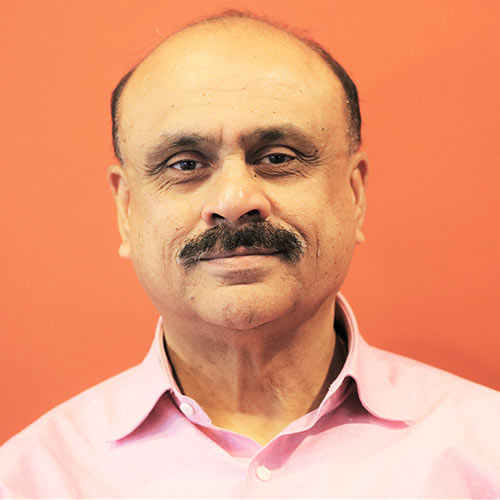

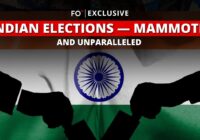
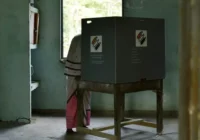
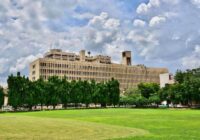
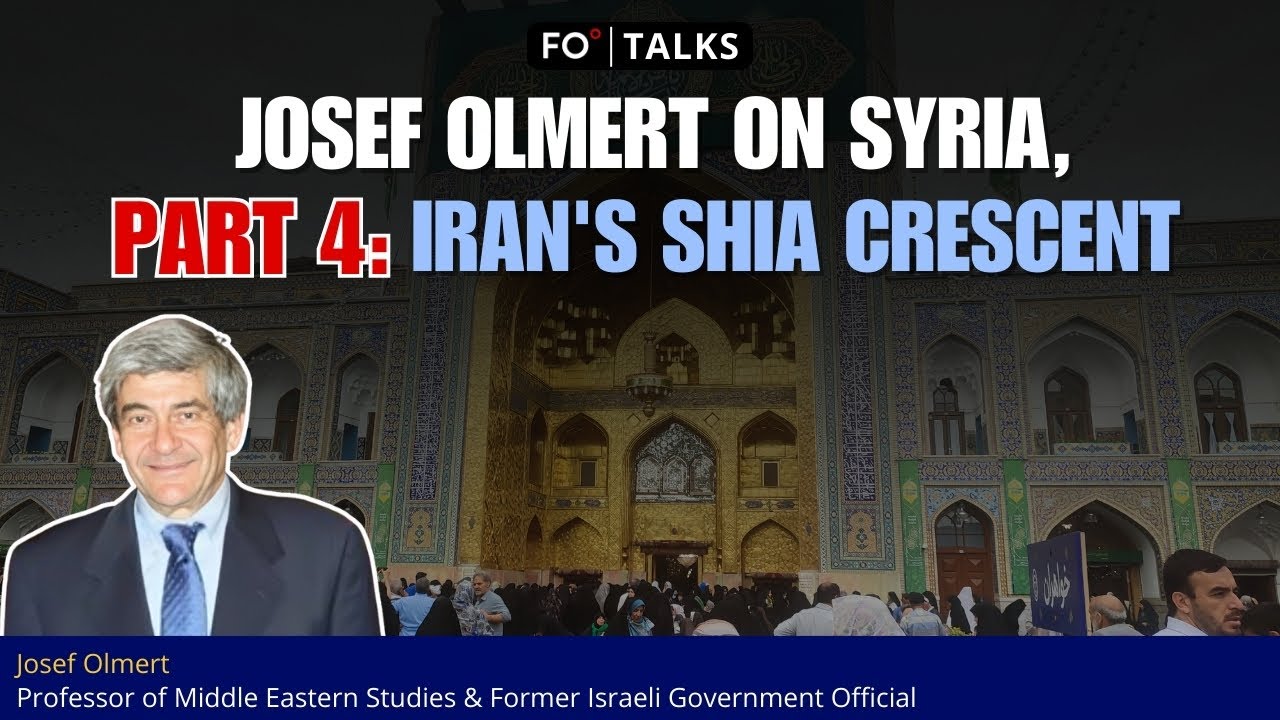
























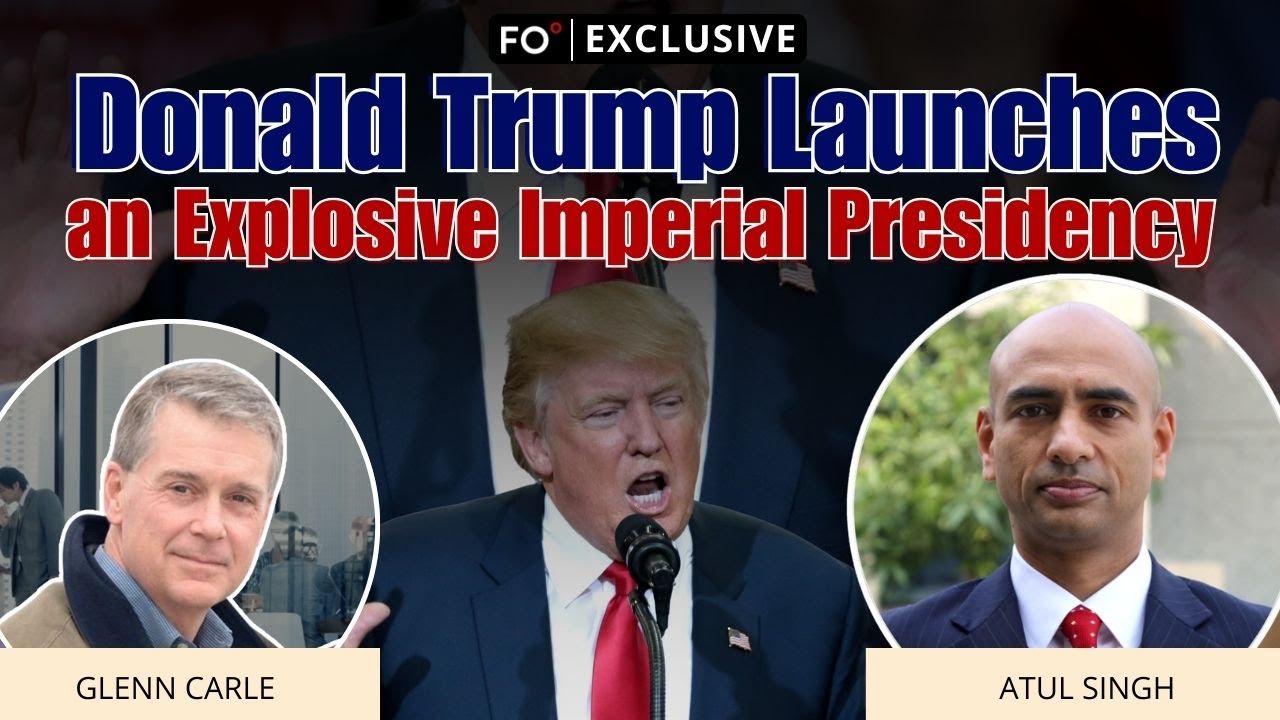
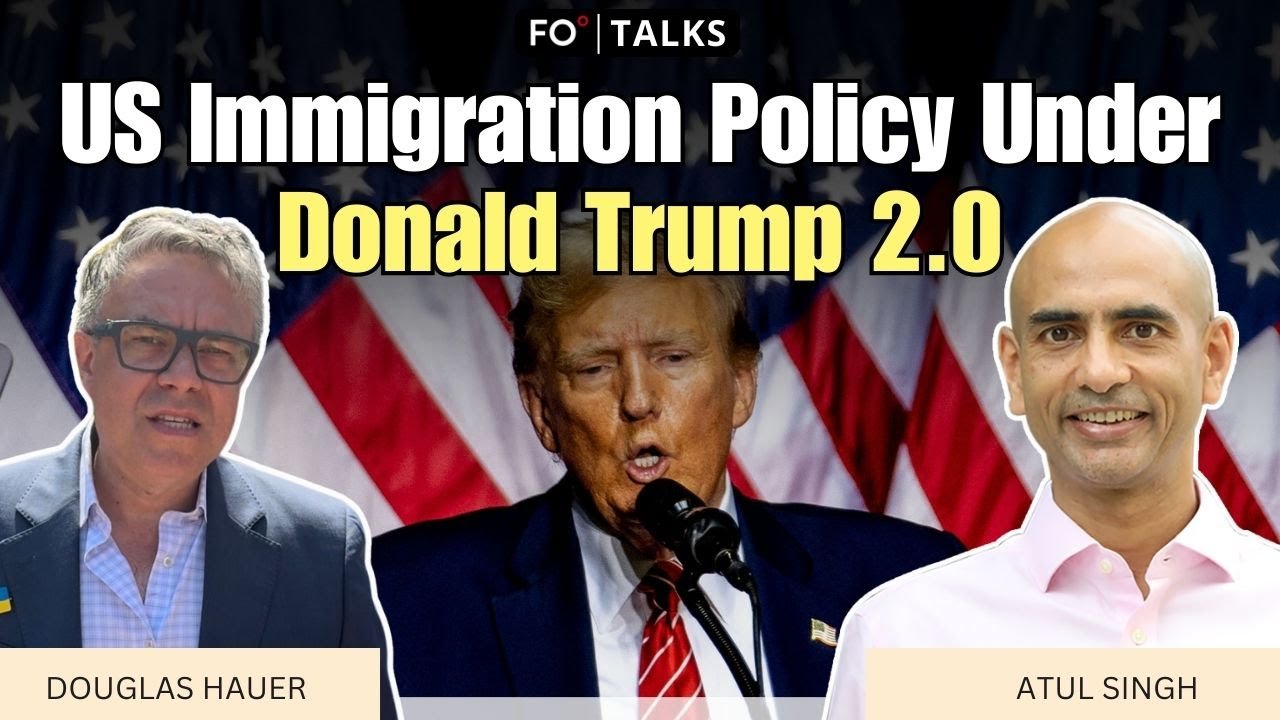




Comment